Having a large dog is a big joy — literally. But as any large breed owner knows, big dogs come with big responsibilities.
With Thor, my German Shepherd, I learned all about canine dermatitis.
Thor had always been a healthy dog, but one day he started scratching non-stop.
His skin became red, and in some spots, he began losing fur. At first, I thought it was a passing allergy or an insect bite. But it got worse.
I took him to the vet and got the diagnosis: allergic dermatitis — something quite common in large breeds, especially those with dense coats or sensitive skin.
Most Common Types of Dermatitis in Large Dogs
Large breeds like German Shepherds, Golden Retrievers, Labradors, and Saint Bernards are more prone to skin problems.
Here are the main types:
🔹 Flea Allergy Dermatitis (FAD)
Triggered by an allergic reaction to flea bites. Even a single bite can cause a major reaction in some dogs.
🔹 Atopic Dermatitis
Similar to human respiratory allergies. It can be triggered by pollen, dust, mold, or even synthetic fabrics.
This was Thor’s diagnosis. His treatment involved medicated baths and environmental management.
🔹 Contact Dermatitis
Caused by touching irritants like cleaning products, treated grass, or certain plastics.
🔹 Seborrheic Dermatitis
Characterized by oily skin, flaking, and strong odor. More common in dogs with hormonal imbalances or oily skin.
Symptoms to Watch For
With Thor, the first signs were excessive itching, licking his paws, and patchy fur loss. Other symptoms may include:
- Redness
- Dry or oily skin
- Open sores
- Scabs or flakes
- Bad odor
- Hair loss in certain spots
If you notice any of these, see a vet quickly. The sooner it’s treated, the easier it is to manage.
How Thor Was Treated
Once we had the diagnosis, Thor started a full treatment routine:
- Medicated baths with therapeutic shampoo
- Topical ointments on affected areas
- Clean bedding and improved environment
- Hypoallergenic diet, which made a big difference
- Supplements with omega-3 and omega-6
Gradually, his skin improved, and he stopped the nonstop itching.
Today, he still follows a special routine but lives happily and itch-free.
My Final Tip
If you have a large dog and notice any skin changes or odd behavior (like constant licking, scratching, or isolation), don’t ignore it.
What looks like “just a little itch” might be something more serious.
With the right care, love, and professional help, dermatitis can be managed — just like it was with Thor.

